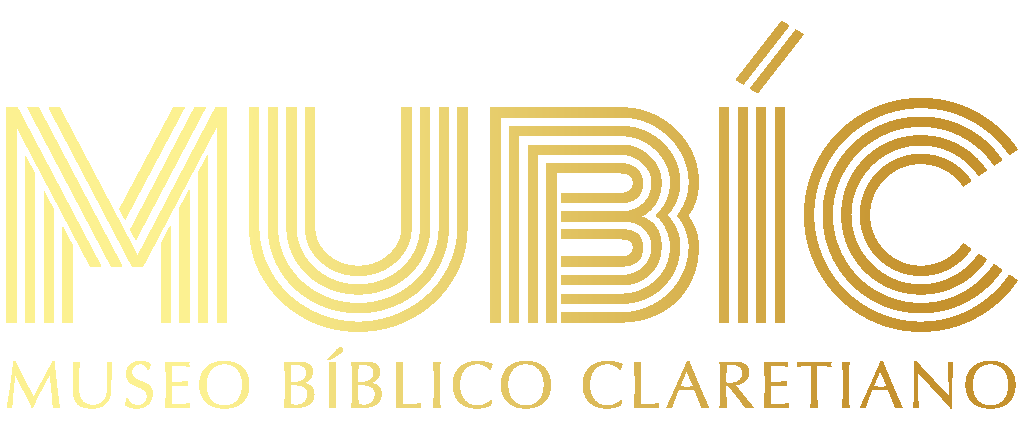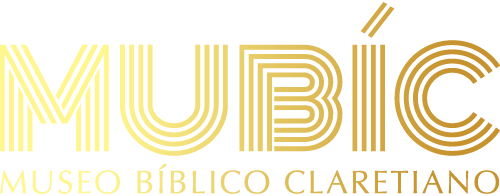



Foro
About Me
Knee pain is a common ailment among the elderly, often significantly impacting their quality of life. As people age, their bodies undergo various changes, including wear and tear on joints like the knee. This can lead to conditions such as osteoarthritis, bursitis, or tendonitis, causing discomfort and limiting mobility. Understanding the causes and effective treatments for knee pain in the elderly is crucial for maintaining their independence and well-being.
Causes of Knee Pain in the Elderly
Several factors contribute to knee pain in older individuals:
Osteoarthritis: This is the most common cause of knee pain in old age pain in the elderly. It occurs when the cartilage that cushions the bones in the knee joint breaks down.
Bursitis: Inflammation of the bursa, a fluid-filled sac that cushions the knee joint, can lead to pain and swelling.
Tendonitis: Inflammation of the tendons that connect the muscles to the bones around the knee can cause discomfort.
Injuries: Falls or other accidents can result in knee injuries, such as strains, sprains, or fractures.
Underlying medical conditions: Certain conditions, best medicine for knee pain in old age like gout or rheumatoid arthritis, can contribute to knee pain.
Treatment Options for Knee Pain in the Elderly
While there may be no cure for conditions like osteoarthritis, various treatments can help manage knee pain and improve mobility:
Non-pharmacological treatments:
oPhysical therapy: Exercises and stretches can strengthen the muscles around the knee, improve flexibility, and reduce pain.
oWeight management: Losing weight can reduce stress on the knee joints.
oAssistive devices: Braces, canes, or walkers can provide support and alleviate pressure on the knees.
oHot and cold therapy: Applying heat or cold can help reduce pain and inflammation.
Pharmacological treatments:
oOver-the-counter pain relievers: Nonsteroidal anti-inflammatory drugs (NSAIDs) like ibuprofen or naproxen can help manage pain and inflammation.
oPrescription medications: In severe cases, stronger pain medications or corticosteroids may be prescribed.
Injections: Corticosteroid injections can provide temporary relief from pain and inflammation.
Surgery: In extreme cases, joint replacement surgery may be considered to alleviate pain and improve function.
Knee pain is a common issue among the elderly, but it is important to remember that it is not an inevitable part of aging. By understanding the causes and seeking appropriate treatment, best medicine for knee pain in old age individuals can effectively manage their knee pain and maintain a good quality of life. A combination of non-pharmacological and pharmacological approaches, tailored to individual needs, can often provide significant relief. It is essential to consult with a healthcare professional for a proper diagnosis and to discuss the most suitable treatment options.
Location
Occupation
Latest Post: Nuevo Testamento Our newest member: jtodominik35760 Recent Posts Unread Posts Tags
Forum Icons: Forum contains no unread posts Forum contains unread posts
Topic Icons: Not Replied Replied Active Hot Sticky Unapproved Solved Private Closed


